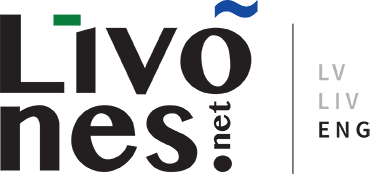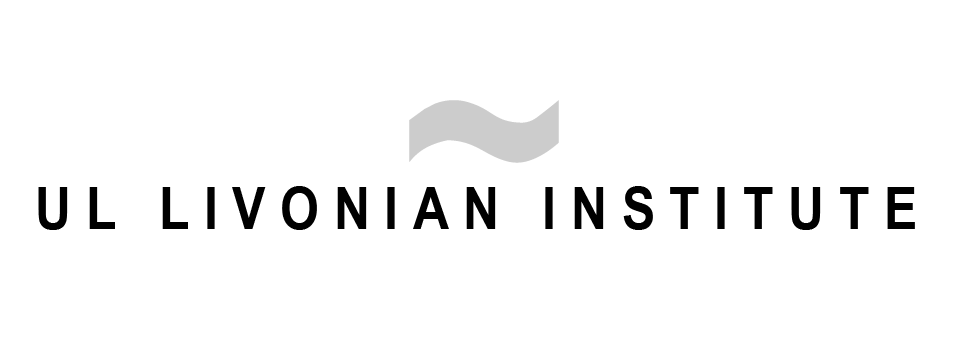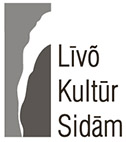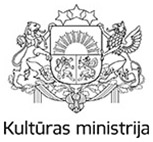Livonian and Latvian have influenced each other due to long-term contact. Livonian has borrowed some aspects of its pronunciation from Latvian, for example, Livonian has voiced consonants, while its relatives Estonian and Finnish do not. As a result of Latvian influence, Livonian developed new noun cases – the dative and instrumental – and its external locative cases have gradually disappeared. Also, many words have been borrowed into Livonian from Latvian.
Livonian has also influenced Latvian in many ways. Modern literary Latvian is based on the Middle dialect of Latvian, which developed where the Livonians and the Baltic tribes – the Latgalians, Selonians, Semigallians, and Curonians – were historically in contact (see map); in other areas once inhabited by the Livonians, the Livonian-influenced dialect of Latvian is spoken.
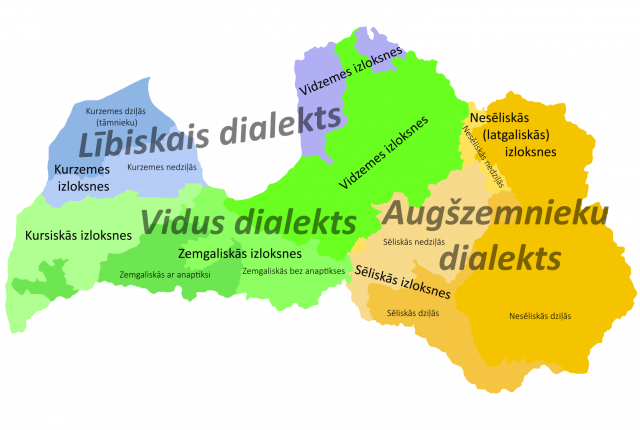
Dialects of Latvian. Source: Wikimedia.
Latvian has borrowed its first syllable word stress, the way certain adverbs are used with verbs to express perfective meanings, many words used in everyday language, and other things from Livonian.
There are many place names of Livonian origin in Latvia: Aģe, Ainaži, Ādaži, Ikšķile, Imanta, Jugla, Kadaga, Kaibala, Kandava, Kangari, Kaņieris, Kolka, Ķengarags, Lilaste, Limbaži, Lēdurga, Matkule, Nurmuiža, Roja, Ropaži, Tīnūži, Umurga, Užava, Vangaži, and others. There are many words borrowed from Livonian into Latvian. You can see list of such words here.

